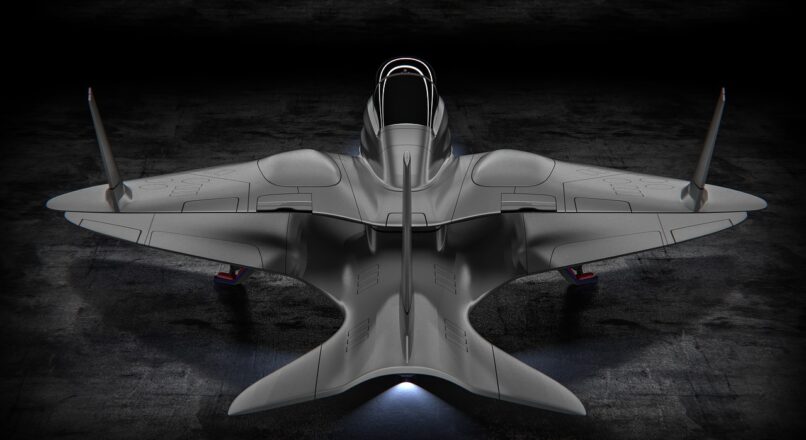
Elon Musk’s SpaceX violated its FAA launch license, prompting an investigation.
The first high-altitude test flight of a SpaceX rocket that successfully launched but exploded during a failed landing attempt in December violated the terms of a Federal Aviation Administration license, according to two people familiar with the incident.
Both the landing explosion and the license violation prompted a formal investigation by the Federal Aviation Administration (FAA), which forced regulators to further examine Elon Musk’s hasty Mars rocket test campaign.
A December test launch of the prototype Starship Serial 8 at SpaceX facilities in Boca Chica, Texas, was deemed a success by Musk: “Mars, here we come!” the CEO tweeted minutes after the rocket exploded on landing, celebrating the successful ascent of SN8 to 8 miles altitude with his followers.
The FAA, which oversees ground safety and licenses private launches, was not very happy.
A so-called accident investigation was opened that week that focused not only on the explosive drop-off, but also on SpaceX’s refusal to adhere to conditions authorized by the Federal Aviation Administration (FAA), the two men said. It was unclear what part of the test flight violated an FAA license, and an FAA spokesman declined to elaborate in a statement to The Verge.
“The FAA will continue to work with SpaceX to evaluate additional information provided by the company as part of its application to change its launch license,” FAA spokesman Steve Kulm said Friday. “While we recognize the importance of moving quickly toward growth and innovation in commercial space, the FAA will not compromise its responsibility to protect public safety. We will approve the modification only after we are satisfied that SpaceX has taken the necessary steps to meet regulatory requirements.”
Increased regulatory attention after the spectacle on the launch pad played a role in deterring SpaceX’s latest attempt to test “SN9” Starship, which the company says will happen Thursday. The gleaming steel alloy, 16-story rocket was loaded with fuel and ready to fly. But at the time, FAA officials were still going through the license review process for the test because of several changes SpaceX made to its license application, the source said. Musk, frustrated with the process, took to Twitter.
“ACCORDING TO THESE RULES, HUMANITY WILL NEVER GET TO MARS.”
“Unlike their aviation division, which is fine, the FAA’s space division has a fundamentally flawed regulatory structure,” he tweeted Thursday. “Their rules are designed for a handful of expendable launches a year from a few government facilities. Under these rules, humanity will never get to Mars.”
The license violation (and subsequent license review process) has heightened tensions between SpaceX and the world’s largest transportation agency. For years, Musk and others in the space industry have lamented the century-old U.S. regulatory framework for launch licensing as innovation and competition in space launch vehicles. In response, the U.S. Department of Transportation, which has delegated its launch oversight responsibilities to the FAA, last year unveiled new streamlined launch licensing regulations. They have yet to go into effect.
In the meantime, Musk’s tweet urging the FAA to his 44 million followers was the latest incarnation of the billionaire’s frustration with regulators dealing with the rapid pace of his business.
SpaceX, founded by Musk in 2002, has sued the Air Force twice, once successfully in 2014 for the right to compete for Pentagon launches, and another time unsuccessfully in 2018 for losing out on competitive development funds for Starship Troopers and other company rockets. In 2018, when the Securities and Exchange Commission fined him $20 million for allegedly misleading Tesla investors via Twitter, Musk told 60 Minutes, “I have no respect for the SEC. I don’t respect them.”
Hours before the SN8 starship test in December, when Musk was in Boca Chica getting approval for the FAA license that SpaceX eventually broke, he was asked in a virtual interview with The Wall Street Journal what role the government should play in regulating innovation. Musk replied, “Most of the time, the best thing the government can do is just get out of the way”.
Credit:


Leave a reply
You must login or register to add a new comment .